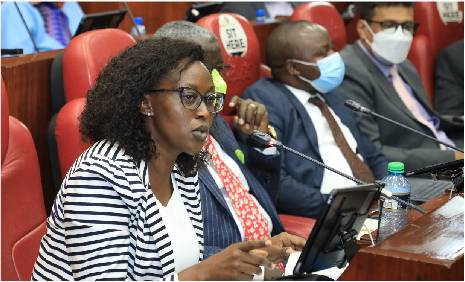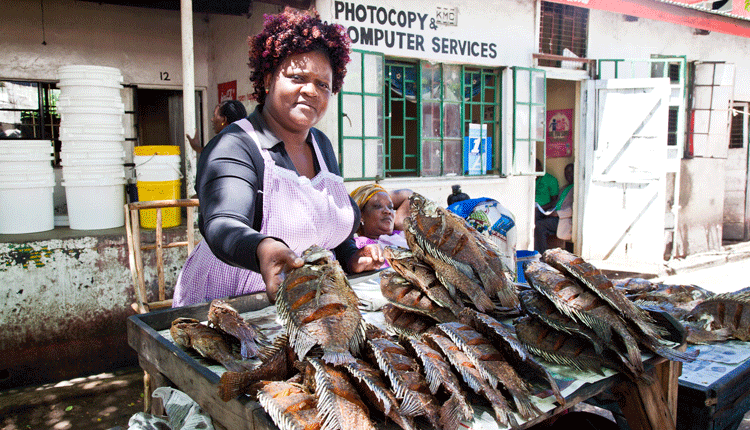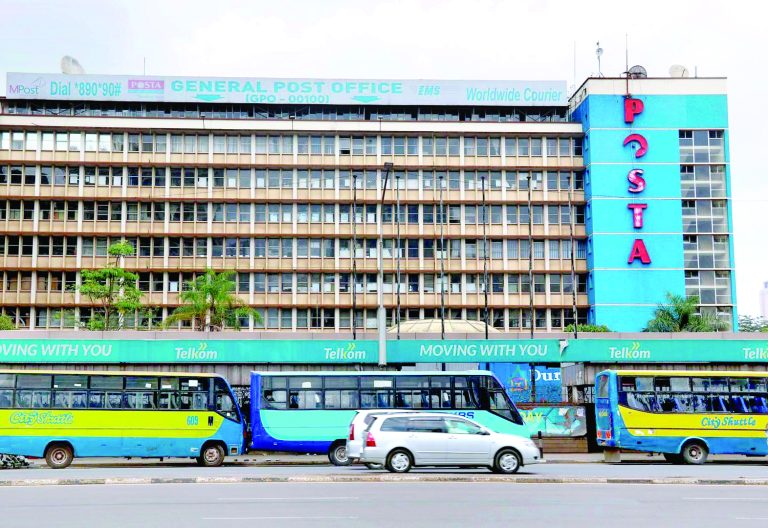Motorcycle industry players in stalemate over spare parts levy

Samuel Kariuki
Motorcycle industry is witnessing a rare standoff between three major players over full implementation of regulations seeking to help the country capture the growing demand for bikes in the region.
Manufacturers of motorcycles parts, motorcycle assemblers and boda boda associations have differed sharply over implementation of the tax procedures regulations for un-assembled motorcycles.
Manufacturers have opposed any amendments to the regulations that seeks to extend implementation for another six months up to June this year.
The regulations were to come into effect in December 2021 but were deferred due to the effects of the Coronavirus (Covid-19) pandemic.
Second phase of these regulations will enable local manufactures to produce seven more parts of a motorcycle using locally sourced raw materials. These parts include air cleaner filters, wire harness, seat, battery, brakes rod, headlight stay and bar step.
Various stakeholders
While appearing before the National Assembly Committee on Delegated Legislation during a meeting with various stakeholders to consider Tax Procedures (Unassembled Motorcycles) Amendment Regulations 2021, large-scale domestic manufacturers through Kenya Association of Manufacturers (KAM) opposed any amendment that further delays implementation of the regulations.
“If the implementation of these regulation is delayed beyond June 30, 2022, the long-term impact to the industry is loss of investor confidence in the Kenyan market due to lack of predictable policy,” KAM Deputy Head of Policy Research and Advocacy, Miriam Bomett said.
She said after enactment of the regulation, the industry attracted three investors who jointly invested Sh700 million while several other existing companies committed investments worth Sh1.29 billion where a total of 2,500 jobs were to be created in the long run. However, Umbrella of Capital City BodaBoda Association has strongly opposed any further implementation of the regulations.
Noting that the boda boda sector was worst hit by the first phase of the regulations that came into effect in December 2020, the association said the price of a new motorcycle has increased by about Sh35,000.
“Since phase one of the regulations were effected, the price of new motorcycles and locally manufactured parts has sharply increased. This is not due to taxes but because the domestic manufacturers lack the capacity to meet the demand,” the association Chairman Thomas Leshaan said.
As a result, he added, the return on investment for bodaboda riders has drastically reduced and more cases of motorcycle theft were reported within the period which were later resold or dismantled and sold as spare parts. In the phase one of the regulations, local manufacturers were required to produce eight parts of motorcycle which includes main stands, crash guards, rear career, right and left rider footrest, side stand and battery liquid.
The association estimates that there are about two million riders in the country.
Small-scale motorcycle assemblers through their lead lawyer Newton Mathenge said implementation of the regulations has resulted into monopoly of motorcycle part business by large-scale manufacturers.
Authorised assembler
He said that small-scale assemblers relied on imported parts since conditions for an investor to be approved as an authorised assembler such as having an assembly plant is prohibitive.
Motorcycle assemblers in the country currently import spare parts from the Asian markets of China, Japan and India.
Boda bodas, which retail at between Sh58,000 and Sh150,000, remain one of the fastest growing sectors in Kenya with their convenience and affordability driving their demand in rural and urban areas.















